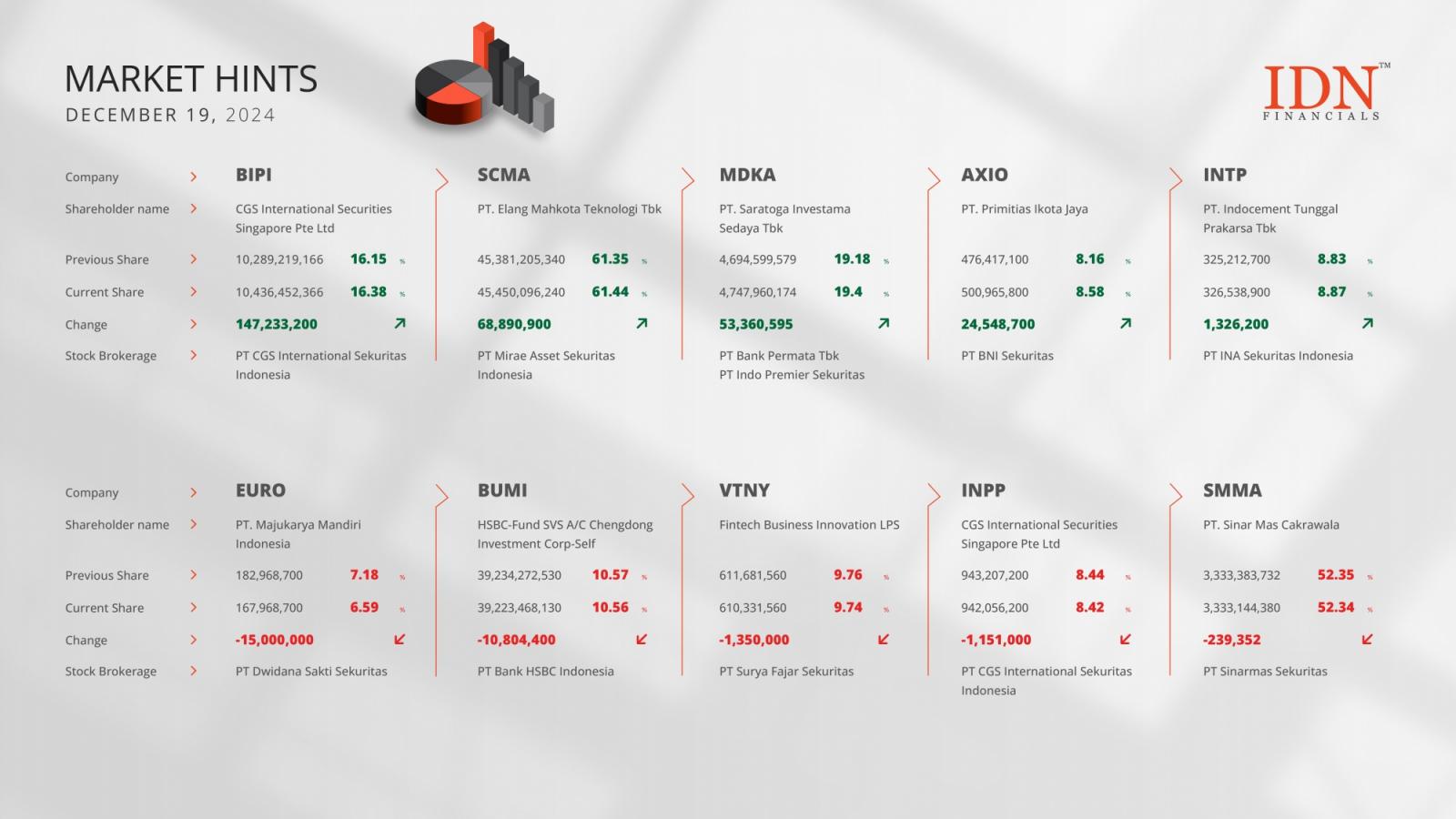Bitcoin halving stands as a significant event within the cryptocurrency sphere, signaling a shift for miners, institutions, and the overall market.
This scheduled occurrence, happening roughly every four years, is expected to take place this April and would directly impact Bitcoin’s supply by reducing the mining reward by half, a core aspect designed to preserve its value over time.
In a conversation with Cryptonews.com, William Quigley, a venture capitalist who co-founded the stablecoin issuer Tether and the NFT platform WAX.io, delved into the broader effects of Bitcoin halving.
Quigley elaborated on the intricacies of Bitcoin halving, its direct impact on the crypto market, and particularly, how it affects both miners and individual investors.
Bitcoin to Reach $300,000 by 2025 End
Quigley first touched on Bitcoin’s price forecast post-halving, elaborating how the market would adjust to the event based on previous records.
“There is a historically Bitcoin prices increased the months following the Bitcoin halving,” said Quigley. “For the first halving in November 2012, Bitcoin went up 100 times from its pre happening level, $12 to $1,200.”
“The second halving, it went up about 30 times, from $650 to $20,000. And the third halving, it went up eight times, from $8,500 to about $19,500,” he said.
Though Bitcoin price has always been surging following the halving events, Quigley pointed out that the multiple has kept dropping, from 100 times, to 30 times, and the most recent eight times.
“So, you know, maybe four times, three times this time,” he predicted. If Bitcoin price were to regain the $70,000 level by [presumably] April 20, four times of its value could exceed the $300,000 mark.
Tether co-founder on why Bitcoin could reach $300k at the peak of the next bull market https://t.co/iZhPjoVS7V
— William E. Quigley (@WilliamEQuigley) March 4, 2024
Quigley also incorporated historical statistics of the previous post-halving rally cycles, suggesting that it would take 500 days to 18 months for Bitcoin to hit the next all-time high, which would be October 2025 for this fourth event.
Bitcoin Halving’s Impact on Miners and Investors
The crypto veteran continued to analyze the chain of reactions from Bitcoin miners, individual investors, and financial institutions post-halving.
“In order for Bitcoin to continue to function the way it’s supposed to, we need to be reducing the number of daily Bitcoin mined,” said Quigley “So we’ll drop from 900 to 450 beginning [presumably] on April 20.”
The reduction of mining rewards would then pose significant challenges and opportunities for the miners. “Now, a few months ago when Bitcoin was like 40,000, most of the Bitcoin miners were profitable… At 67,000, what it is today, they’re very profitable,” said Quigley.
Even if Bitcoin price may skyrocket to boost the profit margin of mining operations, the competition will probably intensify proportionally as more industry players seek to benefit from the rally.
For individual investors, the halving event presents a nuanced landscape. Quigley’s advice leans towards a long-term investment horizon.
Unlike a traditional company which has makes its own profits and releases new products, Quigley emphasized that Bitcoin operates as an open-source platform maintained and utilized by a community of independent users.
Therefore, traditional financial metrics cannot determine Bitcoin’s value. “Bitcoin is valued purely by sentiment of the people who are buying and selling it,” said Quigley.
“If you’re trying to trade on sentiment on a daily basis, that sentiment is random. It goes up and down throughout the day. I wouldn’t trade it,” shared Quigley. “If you are going to buy Bitcoin first or any crypto, it should be a very, very small percentage of your net worth.”
“Also, never buy crypto unless you are able to hold it for five years,” he added. “Which doesn’t mean you do hold it for five years, but you have the ability to hold it for five years.”
More Crypto Quant Trading Firms Post Bitcoin Halving
Regarding institutional players in the industry, the Tether and WAX co-founder argued that more quant trading firms specialized in crypto investment will emerge post-having due to the soaring trading volume.
“In the first halving in 2012, the amount of trading volume on a daily basis was probably less than a million dollars,” said Quigley. “By the third happening in 2020, we were doing $15 billion to $30 billion a day, up to a hundred billion.”
“When you have that much trading and crypto trades 24 hours a day, seven days a week, there are price disparities that people can exploit” he explained.
“The primary trading volume of Bitcoin is in Bitcoin futures, if you can use leverage to exploit those, you can make a lot and you can also lose a lot,” said Quigley. “But the futures markets will always attract people who think they can take advantage of some price difference and make a lot.”





